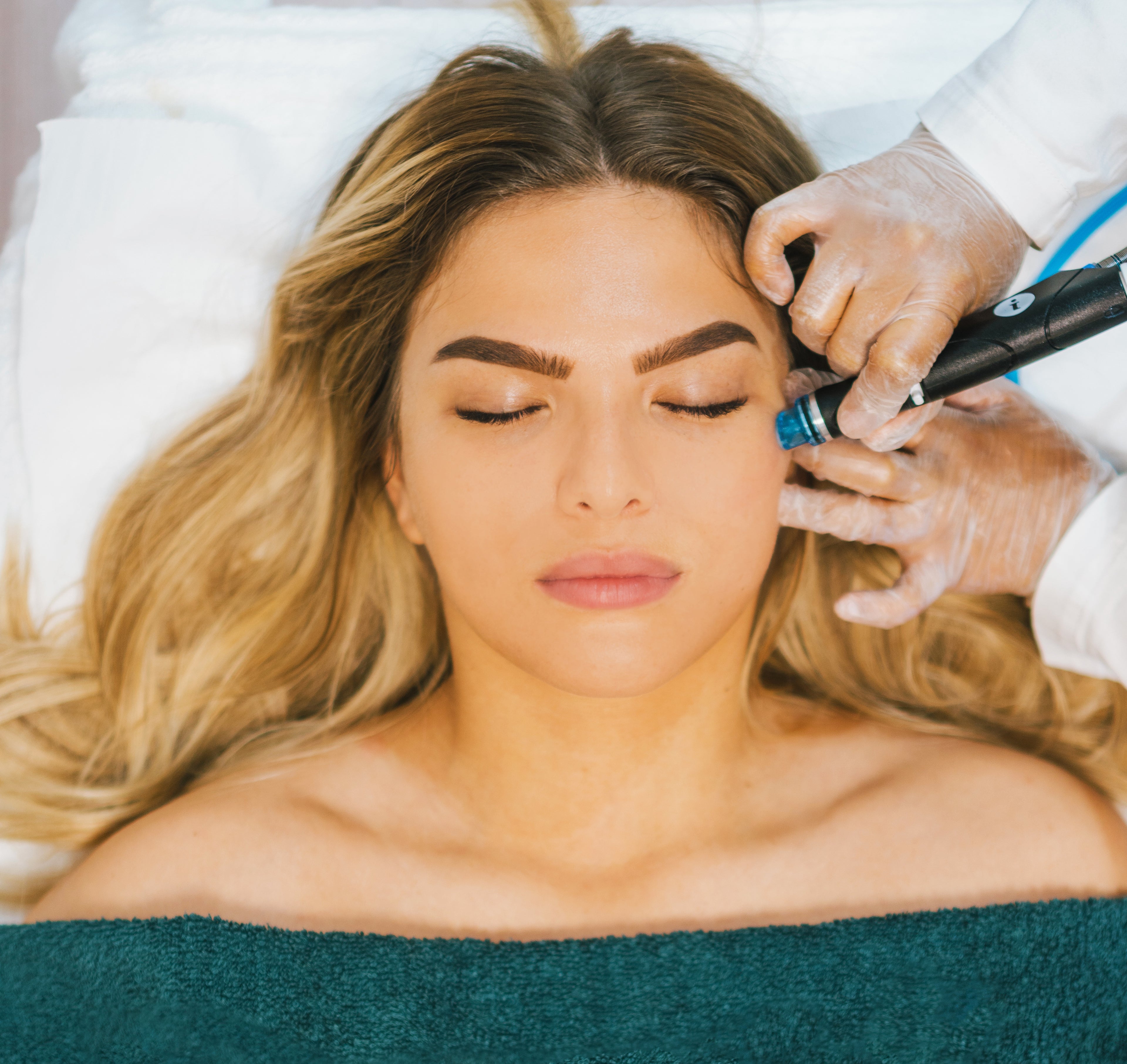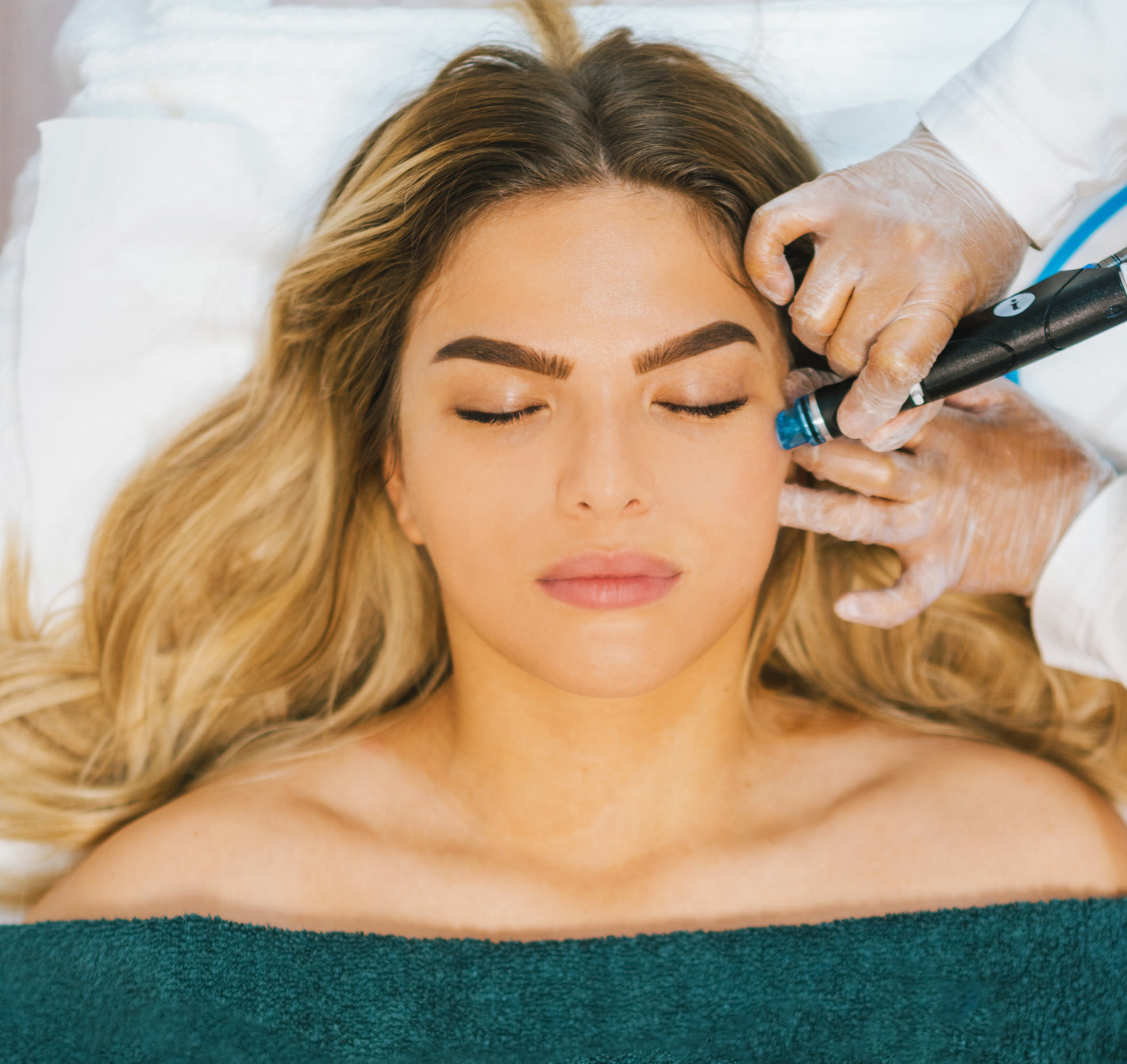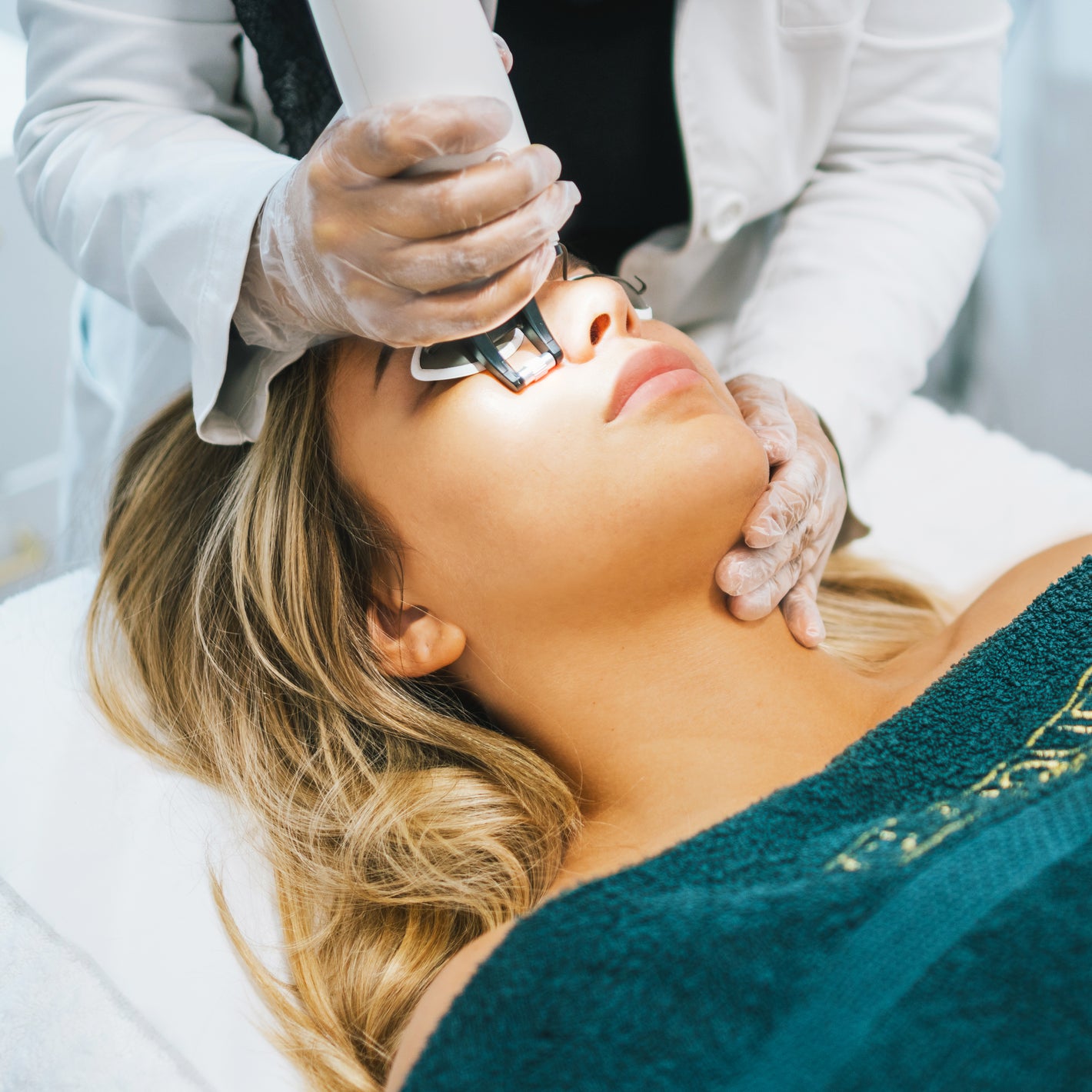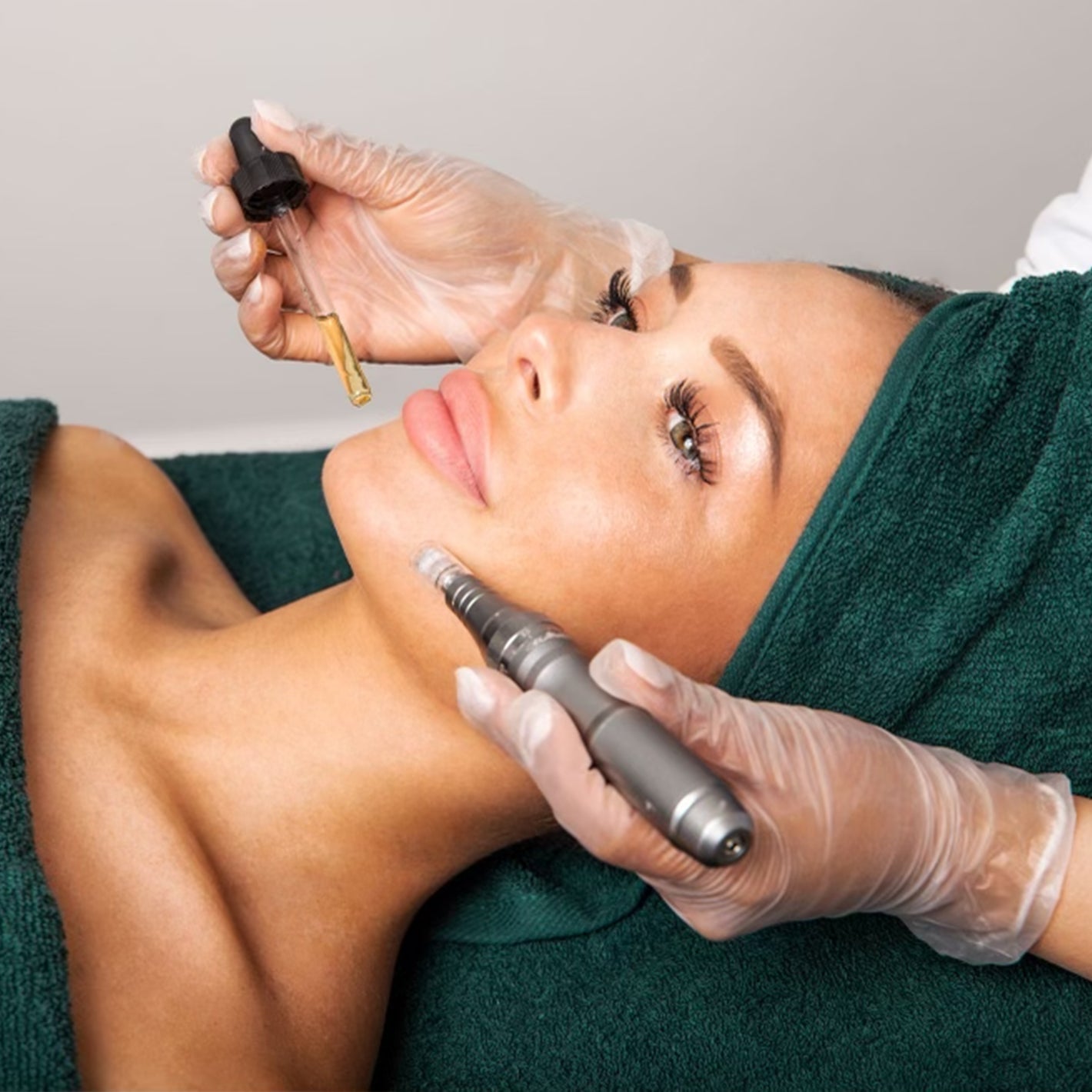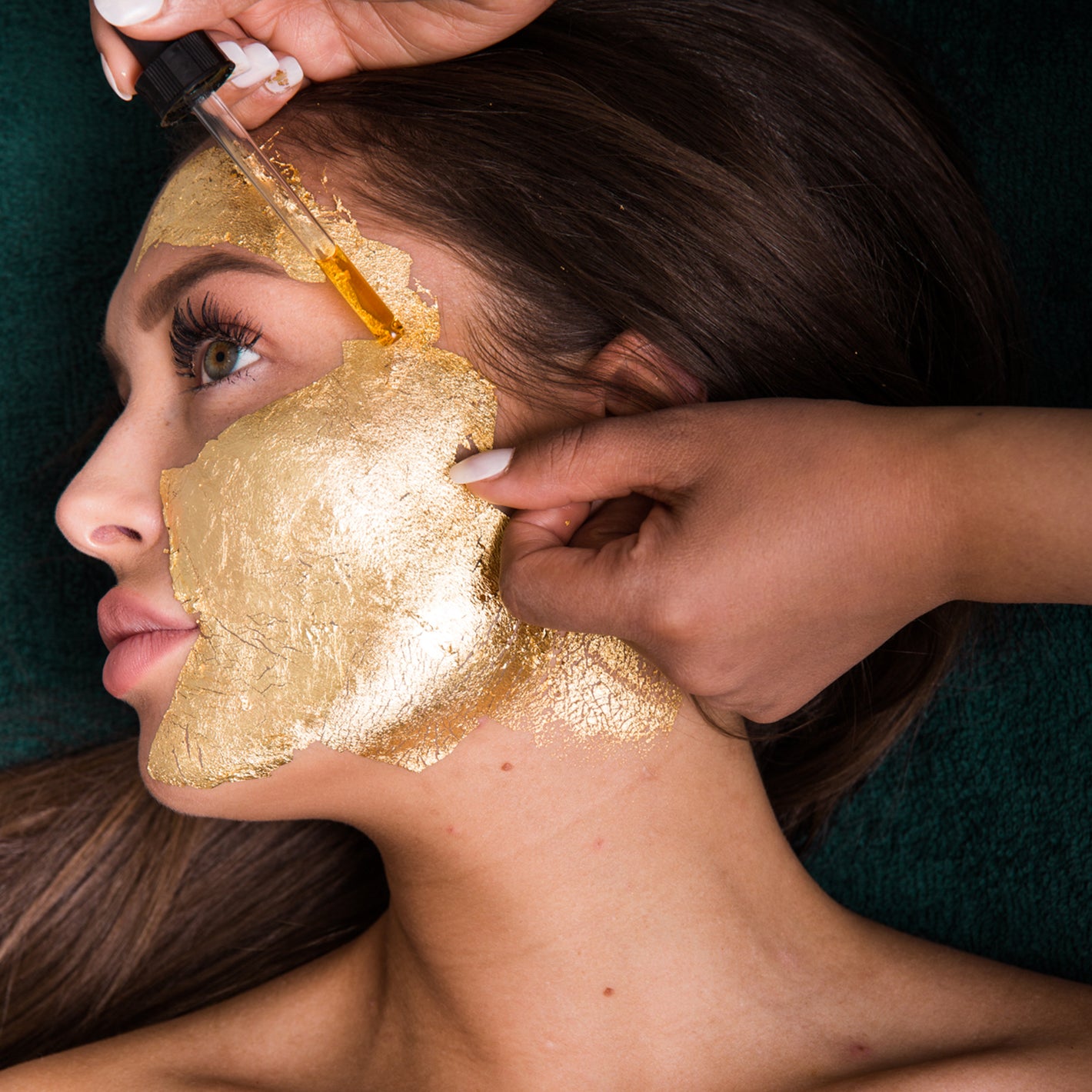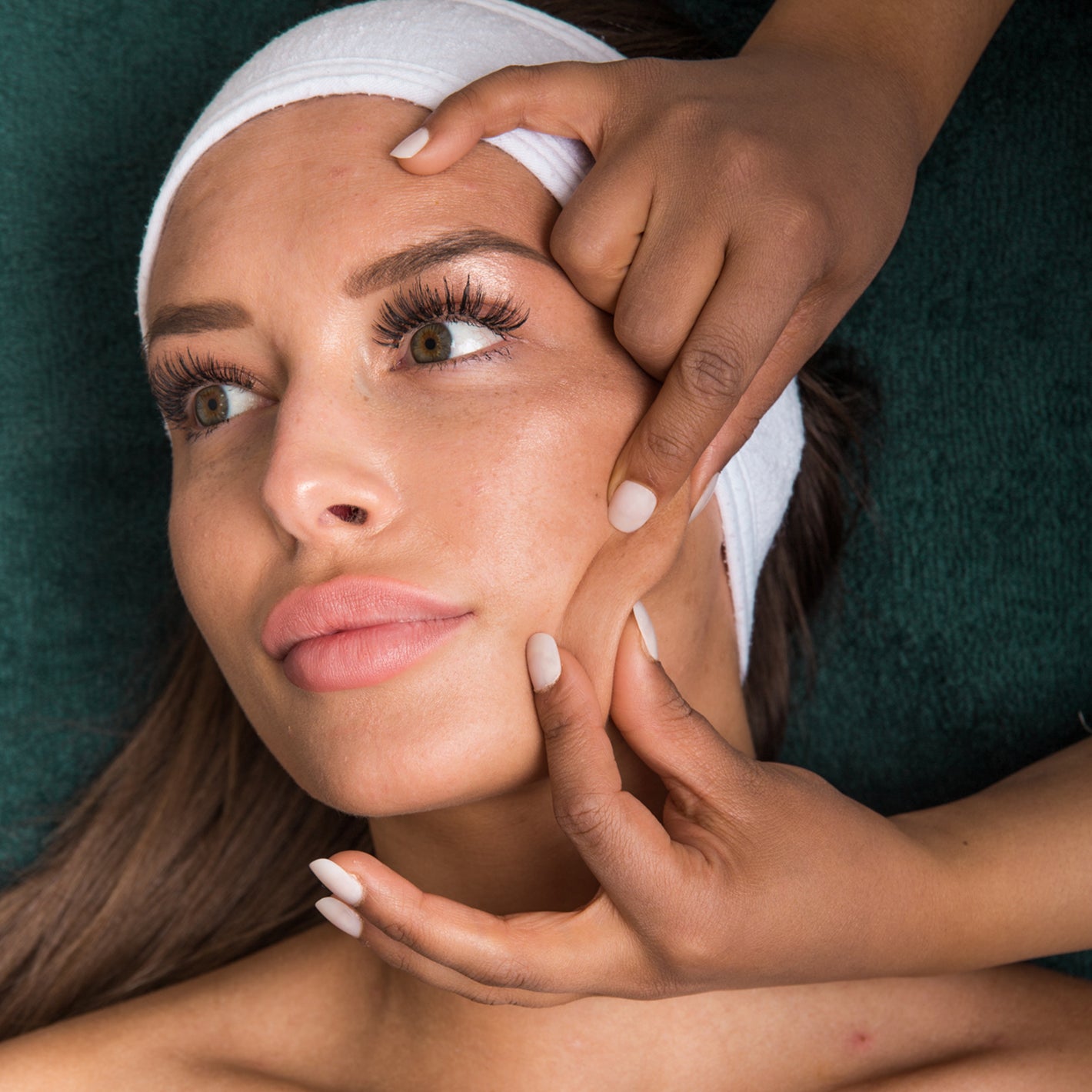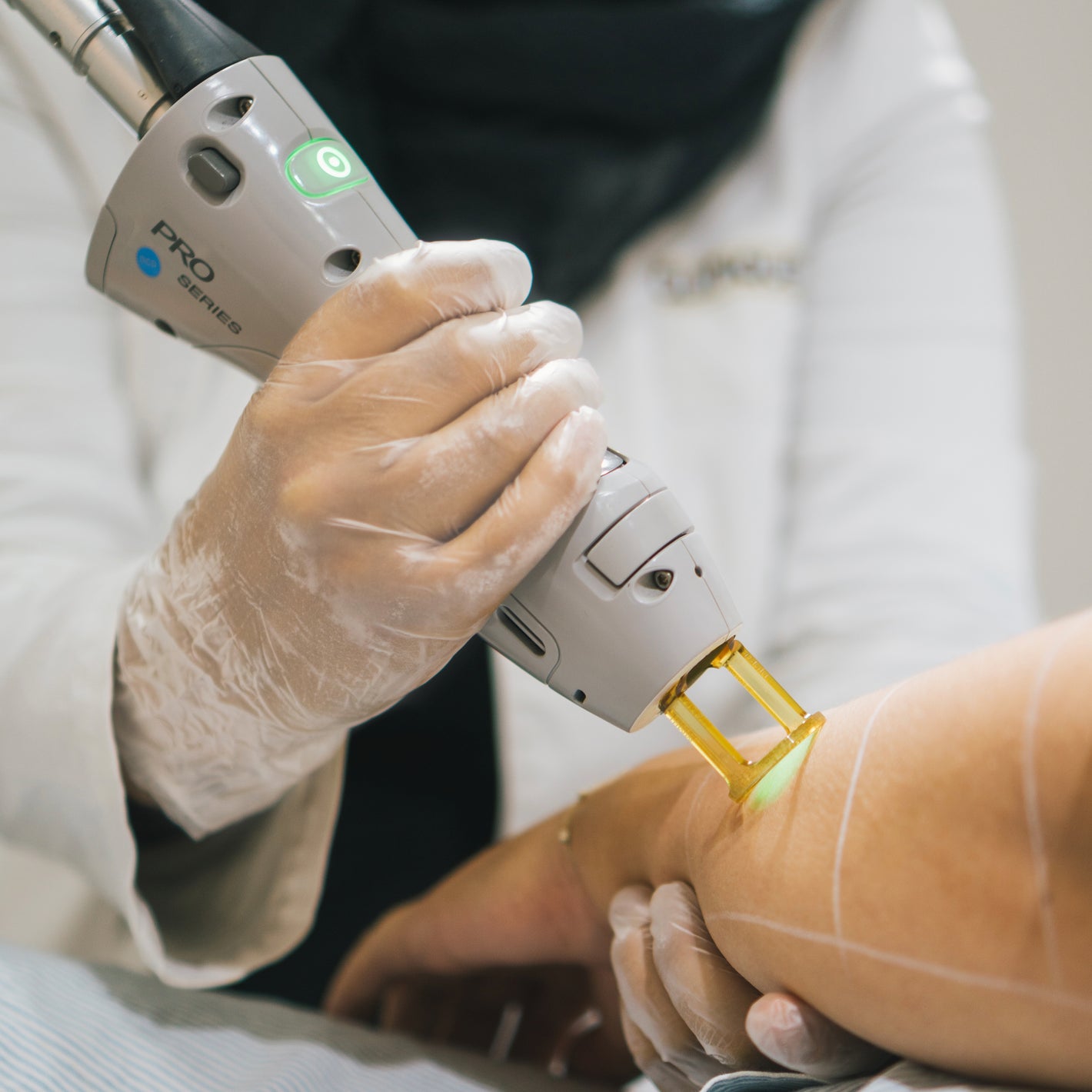More coarse pores
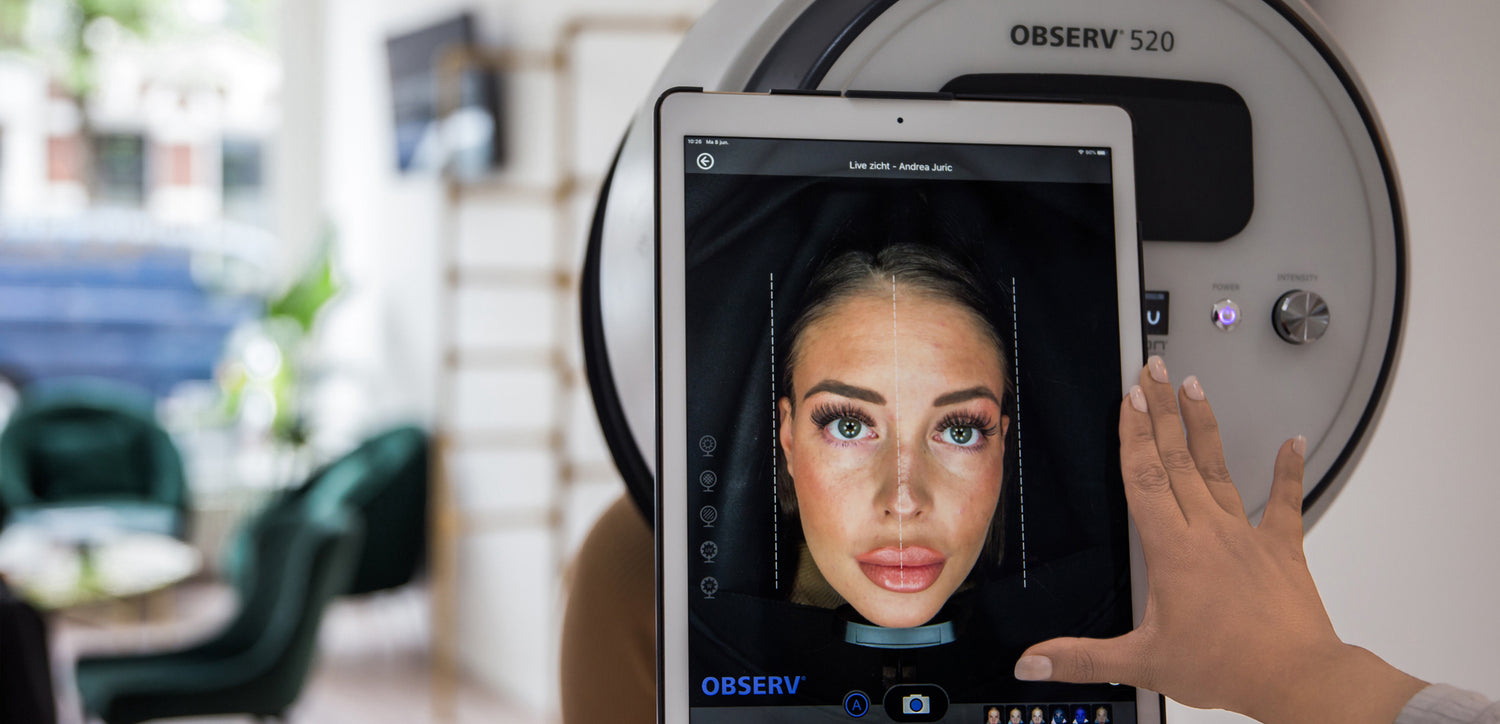
What are coarse pores?
The skin is our largest organ and therefore has many functions. Everyone has pores that are more or less visible. These pores have the function of keeping the skin barrier function intact by spreading sebum over the skin. This ensures smooth skin and prevents the skin from becoming dry and tight. Without pores and therefore sebum, our skin would dry out and feel tight, which in turn can cause annoying skin conditions and infections.
How do coarse pores form?
We see coarse pores mainly on the nose, forehead and cheeks. Although coarse pores are basically harmless, they are perceived as cosmetically disturbing.
Women often suffer from this more than men. This has everything to do with hormone fluctuations and the production of extra sebum. Other causes are often: clogging of the pores (acne), decrease in the elasticity of the skin (skin aging), heredity, sun damage (free radicals provide a thicker layer of dead skin cells, making the structure more visible) and last but not least skin care and makeup use.
If a pore is clogged due to the above causes, the pore stretches, which creates a cosmetically disturbing image. It is therefore very important to cleanse and exfoliate the skin as well as possible (peel dead skin cells from the skin), so that no new blockages can arise and the dead skin cells renew themselves quickly.
Treat coarse pores
Salicylic acid, Glycolic acid and vitamin A are ingredients that can contribute to a fine pore structure and smooth skin. In addition to products, Clinique Elixir also offers peels with these ingredients, but also treatments such as microneedling and laser.
Are you curious about the possibilities to improve your skin structure? Ask one of our skin therapists about the possibilities.
Skin scan and intake
During the first consultation, the nature of your complaint will be discussed with the practitioner, so that a tailor-made treatment plan can be made. A good treatment plan starts with a skin analysis with the Observ520 skin scanner. The skin therapist can provide a detailed skin analysis about the deeper layers of the skin. You will also receive advice on products that you use at home to support and optimize the treatment. The results of the scan are stored and compared so that we can monitor the progress of the treatment.
Would you like to know what your skin type is, do you have a specific indication or question? Make an appointment now for an intake interview with one of our skin therapists.
Book your intake interview!
Curious what we can do for you? Then book an intake interview without obligation. The skin therapist analyzes your skin and we make a skin scan. This allows us to identify underlying problems and address them in a targeted manner.
Treatments
Ask the skin therapist!
Do you have a specific question about your skin, our products or one of our treatments? Our skin therapists are ready to answer all your questions.

